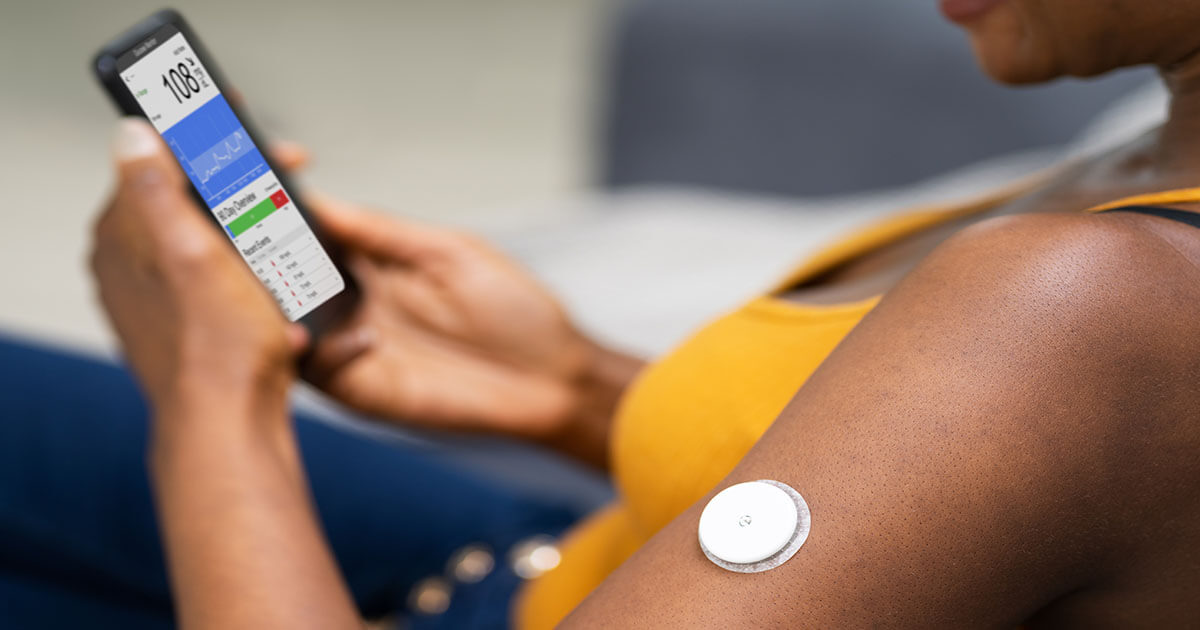The management of diabetes in children and adolescents is challenging and requires an integrated approach, with different services working together and working with the whole family. A series of talks at the 2012 Diabetes UK Annual Professional Conference focused on the management of diabetes in children and adolescents.
The first session discussed children under the age of 11 years and was chaired by Rebecca Thompson (Nurse Consultant, University College London Hospital NHS Trust). Emma Day (Clinical Nurse Specialist, Birmingham Children’s Hospital) was first to speak on the management of diabetes in pre-school-aged children. She started by looking at the various aspects that make diabetes management so challenging in this particular age-group, such as the difficulty in communicating with toddlers, food fads or food refusal, the requirement for very low insulin doses, and limited sites for insulin delivery and blood glucose monitoring. It is also challenging, she argued, for healthcare professionals, because they need to combine the teaching of complex care strategies with teaching parenting skills, and supporting other family members such as grandparents and siblings.
Emma discussed the advantages of using insulin pump therapy such as small doses of basal insulin and remote-control bolus doses, as well as the disadvantages such as getting to grips with the technology.
She then moved on to speak about the service in Birmingham, where since 2008 11 children have been initiated on pump therapy from diagnosis. The criteria for initiating pump therapy at diagnosis in Birmingham are that: the children are under 5 years of age; they have at least one literate English-speaking parent; they are prepared to try pump therapy; or they have a sibling who is already on an insulin pump. She recommended keeping a pump to loan out to families so they can practice “button pushing” at home (without the pump being attached or filled with insulin), and after a few days of intensive support on multiple daily injections the child can start pump therapy. Emma applied for funding for individuals’ insulin pumps; all 11 children have been successfully provided with insulin pumps.
Liz Wilkinson (Senior Play Specialist, University College London Hospital) then spoke on the impact of type 1 diabetes on parents and siblings. Liz described her role as a play specialist, and how she can help children to talk about how they feel about their sibling’s diabetes. She said that a lot of children say “I wish I had diabetes,” often because they feel their sibling is receiving more attention because of their condition.
As children do not respond well to talking therapies, Liz uses a structured play approach, where they both take part in an activity and talk about any issues at the same time. She facilitates sessions with both siblings present, and occasionally two pairs of siblings attend together and often help each other come to terms with the impact of diabetes diagnosis on their lives. Liz also talked about insulin pump education days for children and their parents; children receive play-based education and have an opportunity to get to know other children with diabetes, and adults receive education in an adjoining room.
Julie Edge (Consultant in Paediatric Diabetes, Oxford Children’s Hospital) was next to speak and covered the management of diabetes at primary school. Dr Edge began by looking at the current challenges of managing children with diabetes in school, such as changing insulin regimens as older insulins are phased out, parents’ anxiety and staff concerns about getting the treatment right. Dr Edge described the process of developing a local protocol for children with diabetes at school and the difficulties of distinguishing it from the anaphylaxis protocol – she had to explain to school staff that an epinephrine autoinjector, which a child may need to use perhaps once per year, is very different from an insulin pen, which a child needs to use multiple times each day. The development of the protocol began in 2004 and was finally completed in 2010.
Each child with diabetes has an individual management plan, which is agreed with parents, the school and the diabetes team; a paediatric diabetes specialist nurse (PDSN) provides training to three volunteers from each school, and the PDSN confirms the competence of the volunteers on an annual basis. Dr Edge emphasised that the employment of a specific PDSN has facilitated the development and implementation of the protocol. The PDSN has also developed a School Communication Book that the child carries with them, in which the parents write down each lunchbox item and the appropriate insulin dose for the volunteer to administer at school.
The second session, entitled “Listening to young people: empowering, engagement and transition”, began with a talk on listening by Sue Channon (Clinical Psychologist, Cardiff and Vale University Health Board). Sue said that being a good listener is a defining feature of a good doctor. She argued that a person with diabetes who feels like he or she has been listened to will be much more likely to think that the therapy that is being recommended will be effective. Listening is at the heart of collaboration – both parties need to be putting information in to get a successful outcome. In a paediatric context, Sue emphasised the importance of speaking to the child as well as to parents.
She described the barriers to good listening in healthcare professionals, such as fear and anxiety, the pressure of a heavy workload and the fear of “opening Pandora’s box” and having more complex issues to deal with.
She looked at a review paper by Freake at al (2007), summarising the views of adolescents towards healthcare professionals involved in their care, which identified 12 themes such as being able to trust them, seeing the same person each time, not being patronised and being listened to.
The next speaker, Deborah Christie (Consultant Clinical Psychologist, University College London Hospitals), also spoke about listening, and summarised the aims and methods of a multicentre, cluster-randomised clinical trial – Child and Adolescent Structured Competencies Approach to Diabetes Education (CASCADE). The aim of this trial is to evaluate the delivery and cost effectiveness of a structured, intensive education programme using psychological approaches that maximise engagement, motivation and long-term change. The primary outcome is improvement in HbA1c level and the project is ending at the end of 2012 (see cascadestudy.com for more information).
Dr Christie highlighted the challenges of listening well: when patients have so many different needs, it is difficult to ascertain what treatment they need, particularly when appointment times are so short. She recommended that healthcare professionals try to cultivate a calm and tranquil attitude for all consultations to aid a collaborative approach, but acknowledged that this is challenging.
She also discussed listening in the context of motivational interviewing and described the “OARS” model:
- Open-ended questions – avoiding questions with yes or no answers.
- Affirm – sincerely acknowledge what the person has just said.
- Reflective listening – involving rephrasing and testing that what the person has just said is what they really mean.
- Summarise – using their own words to summarise what they have told you.
Rebecca Skelding (Clinical Nurse Specialist in Diabetes, Birmingham Children’s Hospital) finished the session with her talk on transition services for adolescents. She emphasised that adolescence is a difficult time because there are so many changes in teenagers’ lives that take priority over their diabetes; it is a challenge to encourage them to take ownership of their condition.
Rebecca described her role in the transition service; she spends 30% of her time as a paediatric transition nurse and the rest of her time as an adult nurse. The role of transition nurse was originally carried out by a paediatric nurse, but this person was unable to follow-up long-term owing to not being part of the adult diabetes team. There are a number of stages to the transition period, and how long each takes is different for each individual. First, adolescents attend an adolescent clinic, which is run by all the same people as the paediatric clinic, then they move to a young adult clinic within the adult service, and finally they start attending regular adult services.
Rebecca has also introduced DAFNE (dose-adjustment for normal eating) for teenagers aged 16 and above (with permission from DAFNE), as she feels education is key to successful management of their diabetes. She ended with a quote from Apple Inc, saying that the job of a transition nurse is to “pick up where amazing left off.”





NHSEI National Clinical Lead for Diabetes in Children and Young People, Fulya Mehta, outlines the areas of focus for improving paediatric diabetes care.
16 Nov 2022